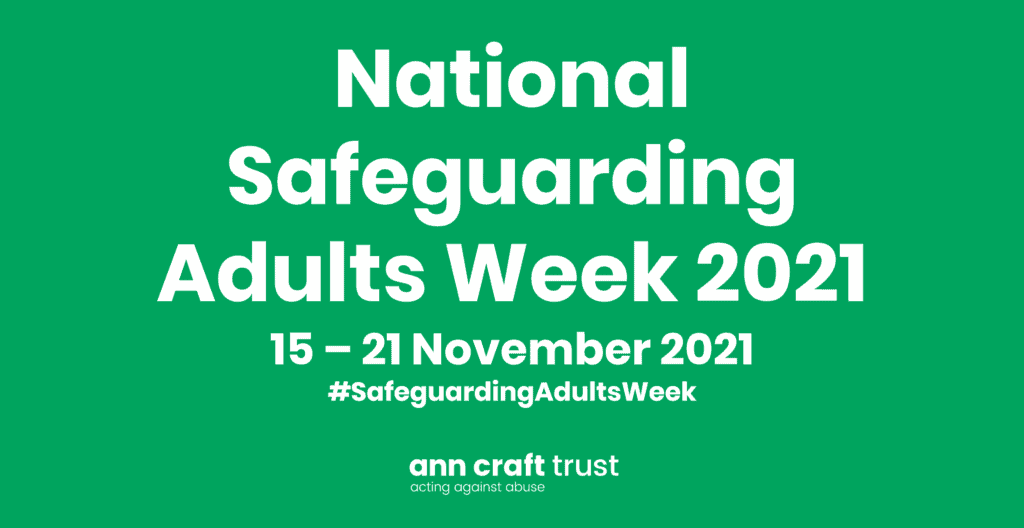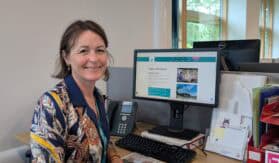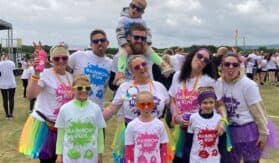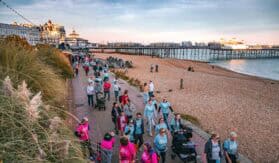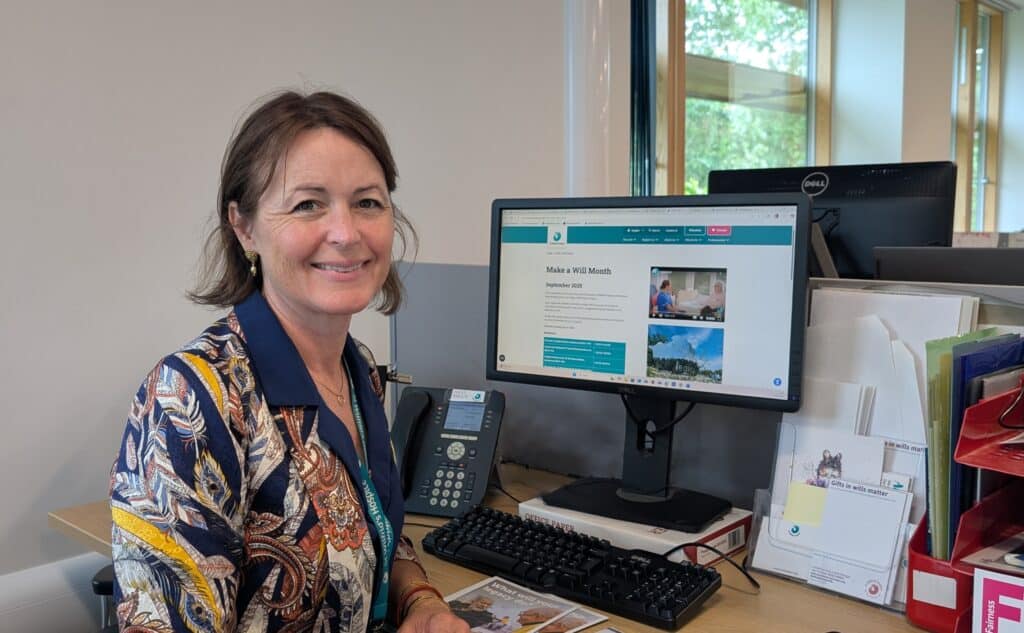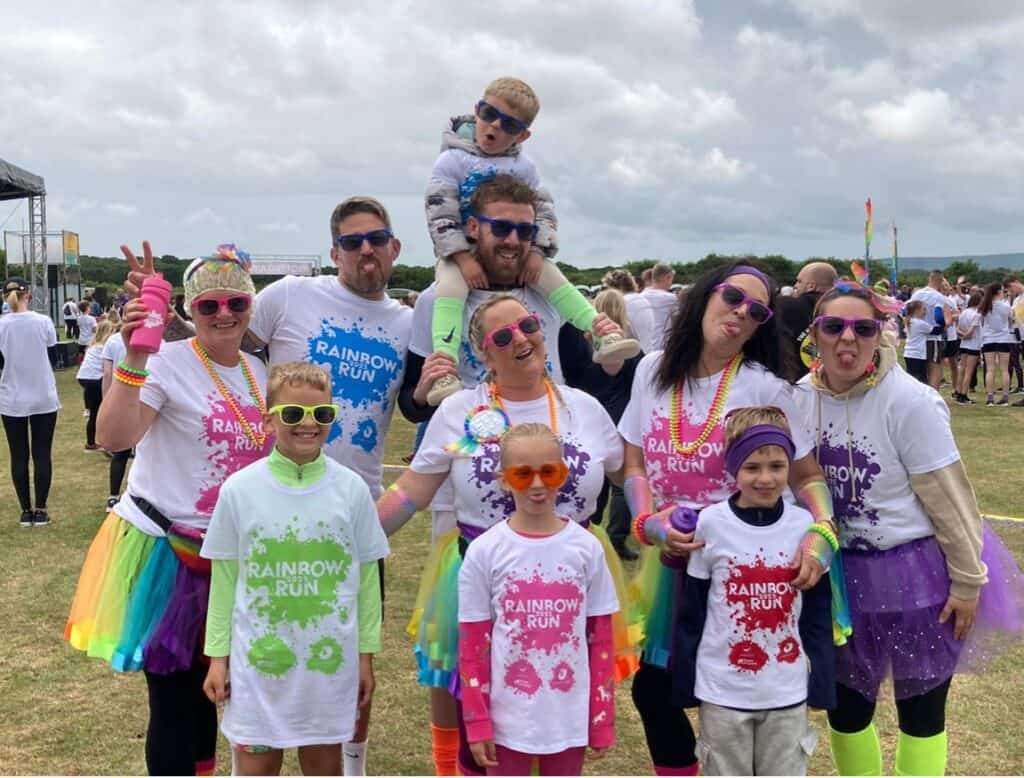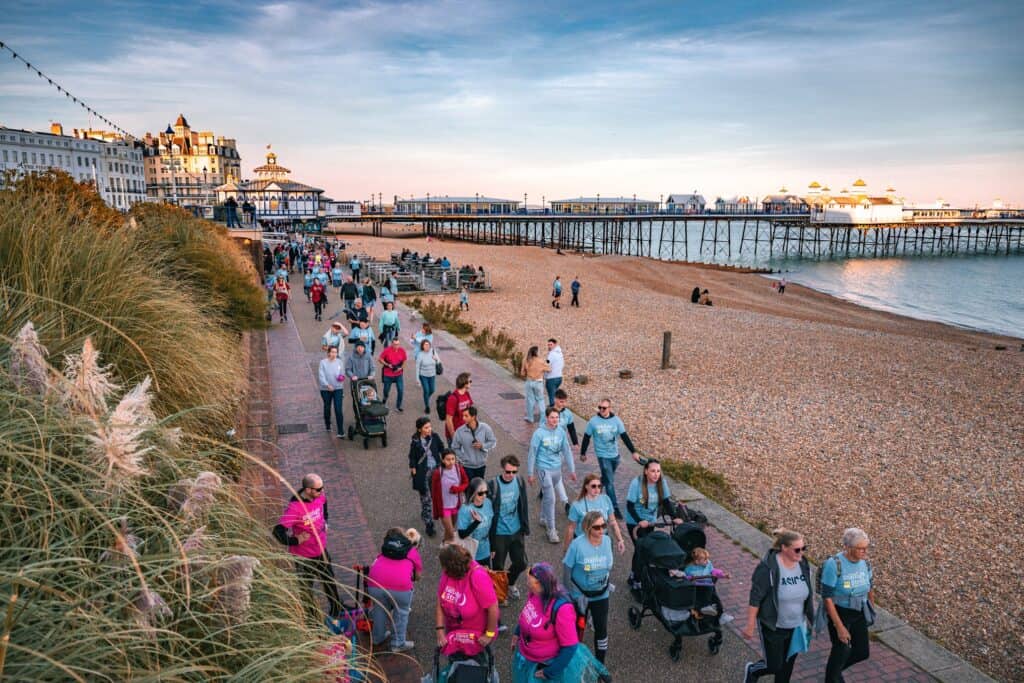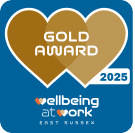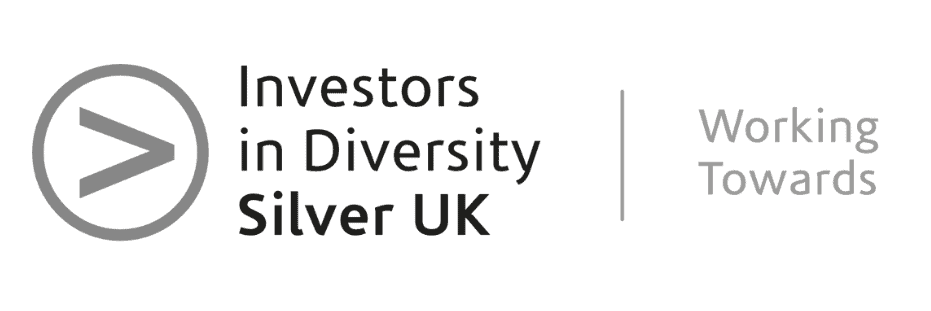Creating Safer Cultures – National Safeguarding Week
The 15th to 21st November 2021 is National Safeguarding Week. Our Trustee Lead for Safeguarding, Jane Butler, has kindly guest written this blog post to talk about her role and creating safer cultures.
I have been a Trustee at St Wilfrid’s Hospice since July 2017. When I retired from my role in the NHS in 2019, I took on the additional role of Trustee Lead for Safeguarding. The purpose of this role is to ensure that safeguarding remains a priority and that it is integral to everything we do as a hospice every day.
It is my job to ensure we have the right processes in place, that we regularly monitor our effectiveness and that we learn from others. I see safeguarding as a continual journey of improvement – there are always new ways of doing things.
The theme of National Safeguarding Week this year is ‘Creating Safer Cultures’ – what does a safer culture mean to you?
Safeguarding is about keeping vulnerable adults and children safe from harm, but we also need to have a culture where everyone (including patients, their families and carers, but also our volunteers, staff, and visitors) can flourish. This isn’t possible if you feel afraid, are being abused, or have concerns that you don’t feel you can raise.
The hospice’s Board of Trustees are committed to the hospice values (Compassionate, Professional, Progressive, Respectful) and ensuring these are visible in practice. We undertake visits every three to four months to meet staff and see how things are on the ground. The majority of people we meet are very proud to work or volunteer at St Wilfrid’s and enjoy their role here, however, there is always more we can do.
I have been working with Trustees who have similar safeguarding roles in two other hospices in Sussex to develop a peer review tool. This will enable us to review each other’s progress with safeguarding, bringing some external views on how we are doing.
How does St Wilfrid’s make safeguarding a priority?
Safeguarding is on every Board agenda for discussion and the Board also receives reports on the work of the Safeguarding Steering Group, which is chaired by our Chief Executive, David Scott-Ralphs. The hospice’s Safeguarding Lead, Andrea Dechamps, also sits on this group. This group oversees any safeguarding incidents, monitors staff training and makes sure that the hospice has up to date policies and procedures.
Part of my role is to make sure safeguarding is part of all the work that the hospice does. Many people think that safeguarding is mainly the responsibility of clinical staff, however everyone who works for the hospice has a role in helping to keep people safe. Last year, the Freedom to Speak Up Guardians were appointed, who can be contacted by any member of staff or volunteer wanting to raise a concern.
Educating staff is a really important part of our safeguarding strategy and this starts with induction, where all new staff have information on safeguarding awareness. St Wilfrid’s also has a training framework that describes what type of training people need to have depending on their role in the hospice. This includes all the board members who undertake online training individually as well as together at an annual board update.
Safeguarding is becoming increasingly important, an example being the rise in domestic abuse during the recent lockdowns and it is encouraging to hear that staff and volunteers say they feel more confident to recognise and report abuse.
Given the focus on safeguarding at St Wilfrid’s I feel we are making progress on our journey of culture change.
More information is available from the Ann Craft Trust website, NSPCC and Victim Support.

